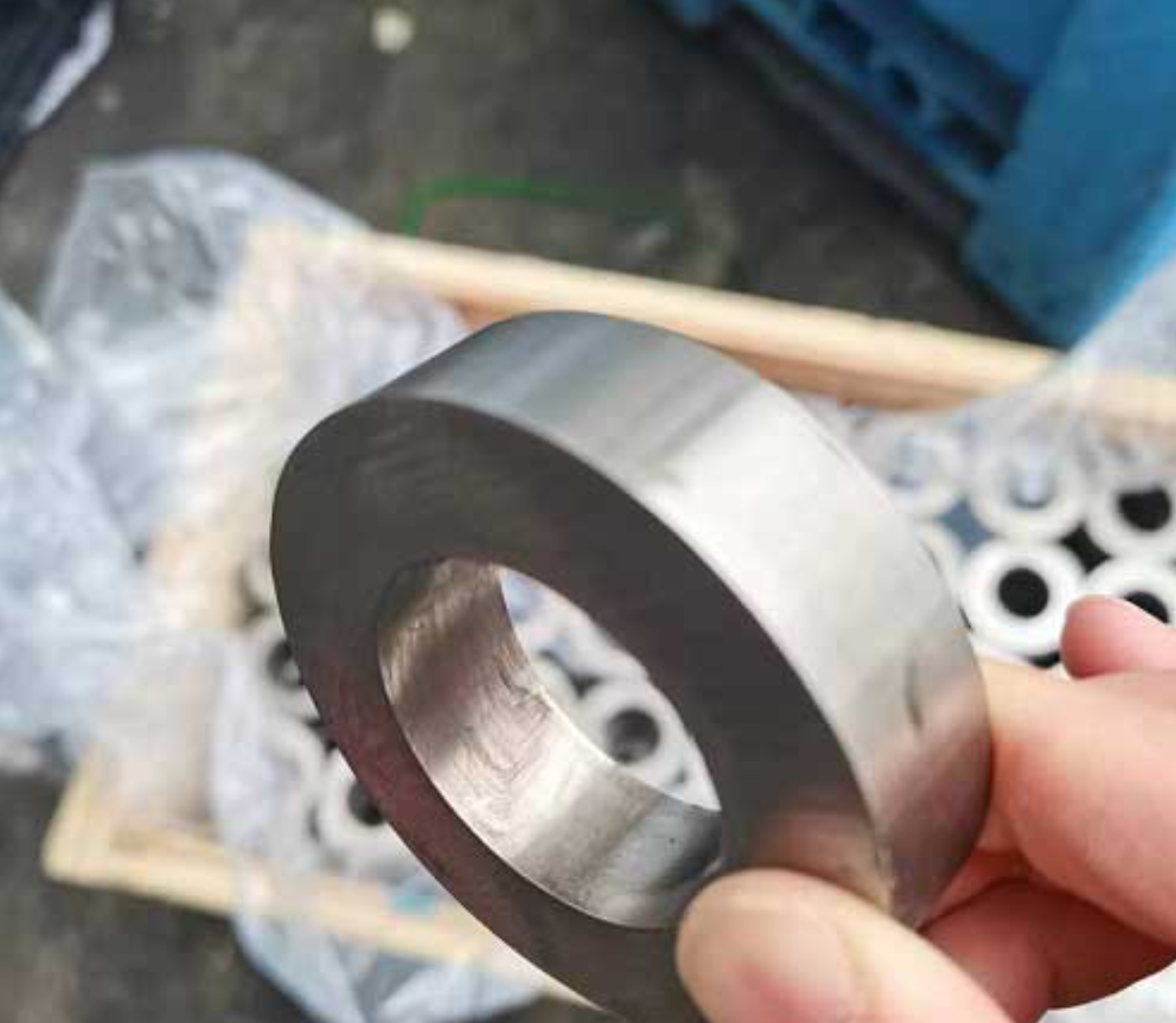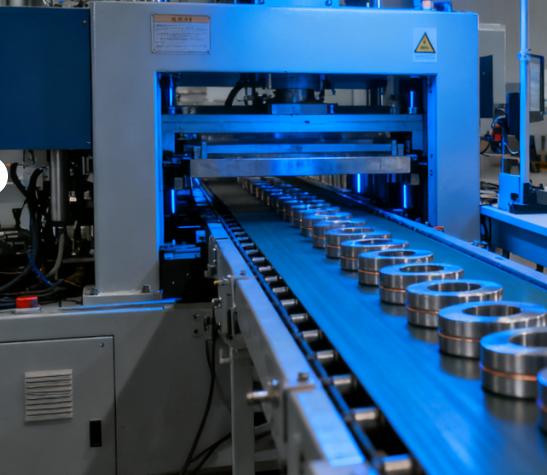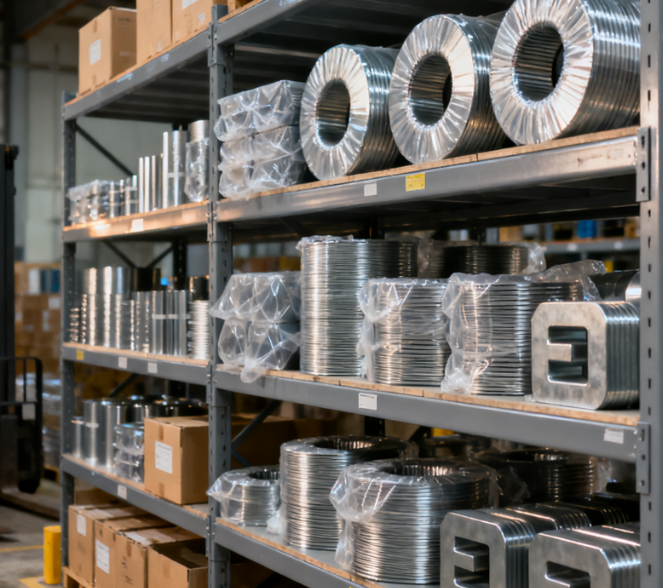Introduction
In the world of modern power systems, transformers and inductors play a critical role in enabling efficient energy transfer. At the center of these devices lies the silicon steel core, a component responsible for controlling magnetic flux and reducing energy losses. As global industries shift toward smart grids, renewable energy, and electrification, the demand for high-quality transformer cores has never been greater.
For businesses seeking reliability, efficiency, and customization, partnering with an OEM silicon steel core manufacturer is essential. These manufacturers combine advanced material science with precision engineering to produce cores that meet the toughest industrial standards.
What Are Silicon Steel Cores?
Silicon steel, also known as electrical steel, is an alloy of iron and silicon designed to optimize magnetic properties. The silicon content reduces hysteresis loss and improves resistivity, making it ideal for alternating magnetic fields.
There are two main types:
-
Grain-Oriented Silicon Steel (GO): Optimized for high-efficiency transformers, where the magnetic flux flows in one direction.
-
Non-Grain-Oriented Silicon Steel (NGO): Used in rotating machines, motors, and generators where flux flows in multiple directions.
The performance of transformers, inductors, and electric motors largely depends on the quality of their cores. Poor-quality cores lead to excessive energy losses, overheating, and shortened lifespan.
Why Choose an OEM Silicon Steel Core Manufacturer?
1. Customization & Precision
OEM manufacturers provide tailor-made cores that fit specific dimensions, laminations, and stacking factors. This ensures optimal performance in applications ranging from small electronics to utility-scale transformers.
2. Cost Efficiency
By leveraging advanced production technology and economies of scale, OEM suppliers reduce costs while maintaining consistent quality.
3. Quality Assurance
Top manufacturers comply with ISO, IEC, and RoHS standards, ensuring safe, sustainable, and durable products.
4. Technical Support
OEM suppliers provide R&D support, prototyping, and testing, helping companies accelerate product development and market launch.
Applications of Silicon Steel Cores
Silicon steel cores are indispensable in multiple industries:
-
Power Transformers: Essential for transmission and distribution networks, minimizing core losses.
-
Motors & Generators: Improve efficiency and reduce energy waste in industrial and commercial applications.
-
Renewable Energy Systems: Used in wind turbine generators and solar inverters to manage clean energy efficiently.
-
Automotive Industry: Powering electric vehicle (EV) motors and charging stations.
-
Consumer Electronics: Ensuring efficient operation of power adapters, UPS, and small transformers.
In short, silicon steel cores are everywhere—from household electronics to the backbone of the global energy grid.
The Manufacturing Process
OEM silicon steel core manufacturers use highly specialized processes to ensure performance:
-
Material Selection: Sourcing high-grade silicon steel with controlled composition.
-
Cold Rolling & Annealing: Enhancing grain structure and magnetic properties.
-
Slitting & Lamination: Cutting steel into precise strips or laminations to reduce eddy currents.
-
Stacking & Assembly: Designing cores for minimal flux leakage and maximum efficiency.
-
Quality Testing: Verifying magnetic permeability, loss levels, and mechanical stability.
This meticulous process ensures each core meets strict performance criteria.
Future Trends in Silicon Steel Core Manufacturing
-
High-Frequency Applications: Rising demand for cores designed for high-frequency transformers in 5G and EV technologies.
-
Green Energy Compliance: Development of ultra-low-loss cores for renewable energy infrastructure.
-
Smart Manufacturing: Integration of AI and automation to improve precision and reduce production costs.
-
Nanocrystalline & Amorphous Alternatives: While silicon steel remains dominant, hybrid solutions using nanocrystalline and amorphous materials are gaining traction.
How to Choose the Right OEM Partner
When selecting a manufacturer, businesses should evaluate:
-
Material Quality: High-grade silicon steel with consistent composition.
-
Production Capacity: Ability to scale from prototypes to bulk orders.
-
Certifications: Compliance with global standards.
-
After-Sales Support: Technical consultation, logistics, and maintenance assistance.
-
Innovation Capacity: Ability to adapt to future industry trends.
Conclusion
The demand for high-efficiency silicon steel cores continues to rise as industries transition to smarter and greener energy solutions. By choosing an OEM silicon steel core manufacturer, businesses can secure customized, high-performance components that reduce energy losses, extend equipment lifespan, and support global sustainability goals.
As the energy landscape evolves, OEM partnerships will remain a cornerstone for innovation, efficiency, and reliability in power systems.






